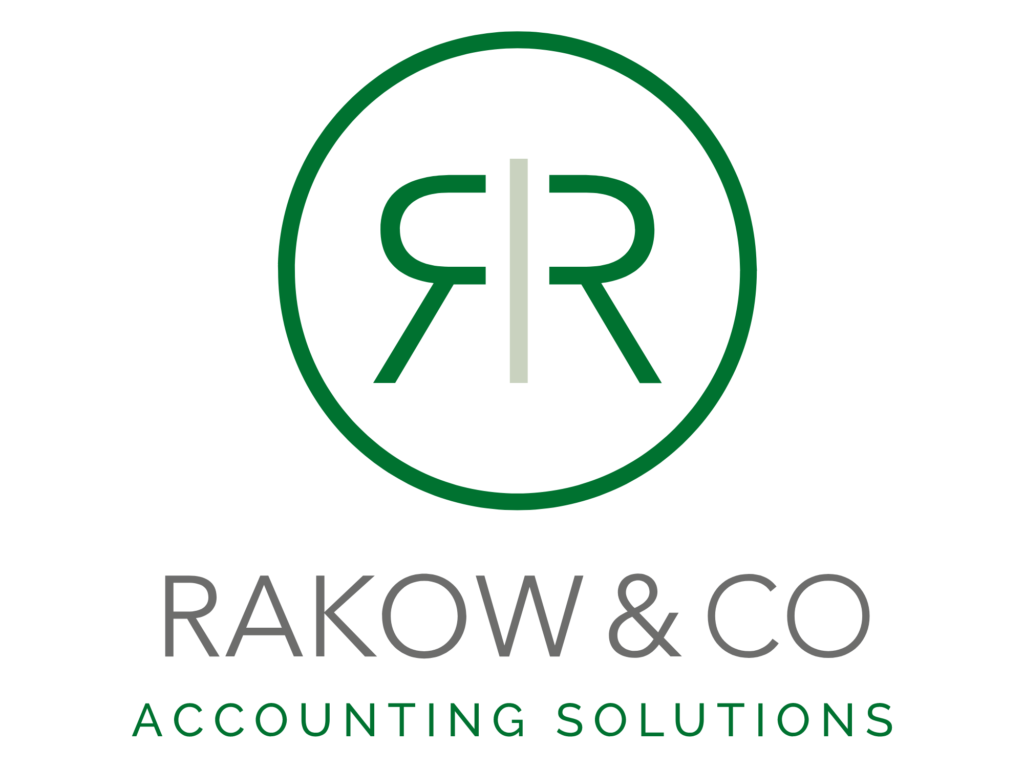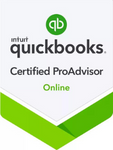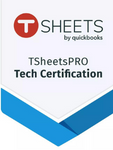Running an ecommerce business can be incredibly rewarding, but it also comes with its own set of unique challenges. With hundreds or even thousands of transactions flowing through your online store, managing your finances can quickly become overwhelming. That’s why having bookkeeping for ecommerce services. In this guide, we’ll walk you through the five must-have tools for ecommerce bookkeeping, making sure you stay on top of your finances and focus on growing your business.
The Importance Of Bookkeeping For Ecommerce
Bookkeeping for ecommerce involves recording, storing, and retrieving financial transactions related to your online business. Ecommerce is different from traditional stores because it has unique challenges like organizing a lot of transactions, keeping track of goods across many platforms, and dealing with a lot of transactions. Some benefits and challenges of ecommerce Bookkeeping might include:
Challenges
- High Transaction Volume: Accurate recording of daily transactions.
- Multiple Sales Channels: Managing sales from various platforms.
- Ecommerce Inventory Management: Tracking stock levels, returns, and reorder points.
- Tax Compliance: Ensuring accurate sales tax collection and remittance.
- Payment Reconciliation: Matching payments received with orders.
Benefits
- Financial Health: Clear picture of business’s financial health.
- Regulatory Compliance: Staying compliant with tax laws.
- Informed Decision-Making: Using financial data for strategic business decisions.
- Cash Flow Management: Tracking income and expenses.
- Scalability: Preparing business for growth with solid financial records.
Let’s look at five essential tools that can change your bookkeeping for ecommerce processes and help you stay on top of your finances.
Tool #1: Accounting Software
One of the most essential tools for ecommerce bookkeeping is accounting software. These days, programs like QuickBooks and Xero are made for managing the detailed needs of online stores.
Features of Accounting Software
- Integration with Sales Platforms: Sync your sales data from platforms like Shopify, Amazon, and eBay.
- Automated Transaction Recording: Automatically record transactions, reducing manual data entry errors.
- Inventory Management: Keep track of how much stock you have and manage it across various sales platforms.
- Expense Tracking: Keep track of your expenses by monitoring and categorizing your costs.
- Financial Reporting: Compile complete financial reports with balance sheets, cash flow statements, and statements of profit and loss.
Benefits of Accounting Software
- Streamlined Processes: Automate repetitive tasks, saving you time and reducing errors.
- Improved Accuracy: Ensure accurate financial records with automatic data entry and reconciliation.
- Better Financial Insights: Gain valuable insights into your business’s performance with detailed reports.
Example Use Case
Let’s say you have an online jewelry store that sells jewelry that was made by hand. You can connect your Shopify store to QuickBooks so that sales are instantly recorded and you can keep track of your inventory levels. You can also sort expenses like shipping and supplies into different categories to get a clear picture of how profitable your business is.
Tool #2: Inventory Management Software
One of the hardest parts of having an online business can be ecommerce inventory management . If you want to keep track of your stock and make managing it easier, tools like TradeGecko (now QuickBooks Commerce) and Stitch Labs can help.
Features Of Inventory Management Software
- Real-Time Inventory Tracking: Monitor stock levels in real-time to avoid stockouts and overstock situations.
- Order Management: Manage orders from multiple sales channels in one place.
- Multi-Channel Support: Sync inventory across different platforms like Amazon, eBay, and your own website.
- Purchase Order Management: Automate the creation of purchase orders when stock levels reach a certain threshold.
- Sales and Demand Forecasting: Use historical data to predict future sales and optimize inventory levels.
Benefits Of Inventory Management Software
- Prevent Stockouts: Guarantee you always have enough stock to meet customer demand.
- Reduce Overstock: Avoid tying up capital in excess inventory.
- Streamline Operations: Centralized inventory management across multiple channels.
- Improve Customer Satisfaction: Deliver orders on time by maintaining optimal stock levels.
Example Use Case
Suppose you have an online store and an Amazon page where you sell electronics. TradeGecko lets you share your inventory between both platforms, so you always know how much you have in stock. When an item sells on Amazon, your website’s inventory is changed automatically. This prevents you from overselling and makes sure your customers are happy.
Tool #3: Expense Management Software
Keeping track of expenses is important for keeping your cash flow healthy and making sure your financial records are accurate. Tools like Expensify and Receipt Bank (now Dext) can make it easier for online stores to keep track of their expenses.
Features Of Expense Management Software
- Receipt Capture: Easily capture and store receipts using your smartphone.
- Expense Categorization: Automatically categorize expenses based on predefined categories.
- Integration with Accounting Software: Sync expense data with your accounting software for seamless bookkeeping for ecommerce.
- Expense Reports: Generate detailed expense reports for better financial analysis.
- Approval Workflows: Implement approval workflows to control spending and maintain compliance.
Benefits Of Expense Management Software
- Accurate Expense Tracking: Ensure all expenses are recorded accurately and categorized correctly.
- Reduced Manual Data Entry: Save time and reduce errors with automated data entry.
- Better Financial Control: Gain control over spending and make sure expenses are within budget.
- Simplified Reimbursement: Streamline the reimbursement process for employees.
Example Use Case
Consider you have a small team that frequently travels for trade shows. With Expensify, your team can snap photos of receipts on the go, categorize expenses, and submit them for approval. The expenses are then automatically synced with QuickBooks, maintaining accurate financial records.

Tool #4: Payment Processing Solutions
Any e-commerce business needs to be able to manage funds quickly and easily. Payment processing services like PayPal and Stripe have powerful tools that can help you keep track of your transactions and improve cash flow.
Features Of Payment Processing Solutions
- Multi-Currency Support: Accept payments in different currencies, making it easier to sell internationally.
- Transaction Tracking: Track all transactions in one place for easy reconciliation.
- Integration with Ecommerce Platforms: Seamlessly integrate with your ecommerce store for smooth transactions.
- Fraud Detection: Develop advanced security measures to protect against fraud.
- Recurring Payments: Set up recurring payments for subscription-based services.
Benefits Of Payment Processing Solutions
- Simplified Payments: Offer customers a variety of payment options for a better shopping experience.
- Improved Cash Flow: Get paid faster and manage cash flow more effectively.
- Detailed Transaction Records: Keep accurate records of all transactions for easier reconciliation.
- Enhanced Security: Protect your business and customers with advanced fraud detection tools.
Example Use Case
Picture yourself as the CEO of a subscription box company. You can set up regular payments with Stripe to make sure you always have a steady cash flow. When you connect Stripe to your e-commerce site, you can see all of your transactions in one place. This makes bookkeeping for ecommerce simple and precise.
Tool #5: Reporting And Analytics Tools
To make smart choices, you need to know how your business is doing financially. Tools for reporting and analytics, such as Google Analytics and Tableau, can help you learn a lot about your sales, expenses, and overall business health.
Features Of Reporting And Analytics Tools
- Sales Reporting: Create detailed sales reports to understand your revenue streams.
- Customer Insights: Analyze customer behavior and preferences to manage your marketing strategies.
- Financial Performance Tracking: Monitor key financial metrics like profit margins, cash flow, and ROI.
- Customizable Dashboards: Create dashboards designed to your business needs.
- Data Visualization: Use charts and graphs to visualize complex data for better understanding.
Benefits Of Reporting And Analytics Tools
- Data-Driven Decisions: Make informed decisions based on accurate and up-to-date data.
- Identify Trends: Identify trends and patterns in your sales and expenses.
- Optimize Marketing Strategies: Use customer insights to improve your marketing efforts.
- Improve Operational Efficiency: Identify areas for improvement in your operations.
Example Use Case
Let’s say you want to understand which products are your best sellers and which marketing channels drive the most traffic to your site. You can keep an eye on these measures with Google Analytics and see the results in Tableau. This helps you make choices based on facts that will help you get the most out of your inventory and marketing strategies.
Are you ready to see what ecommerce bookkeeping services are available? Contact Rakow & Co today to learn how we can help you simplify your financial processes, improve accuracy, and develop valuable insights into your business. Let’s work together to ensure your ecommerce business is successful. Reach out to us now and discover the difference professional accounting services can make!
FAQs
Why is accounting software important for ecommerce bookkeeping?
It centralizes your finances, automates tasks, and offers features like sales tracking and inventory management.
Which payment processing solutions are recommended for ecommerce?
PayPal and Stripe are popular choices, offering multi-currency support, transaction tracking, and seamless integration with ecommerce platforms.
What are some recommended time tracking and project management tools?
Toggl is a popular time tracking tool, while Trello and Asana are excellent options for project management and team collaboration.
Why should I use Rakow & Co for my ecommerce bookkeeping needs?
We offer expert assistance in selecting and implementing the right tools for your business, ensuring accurate financial records and efficient processes.





